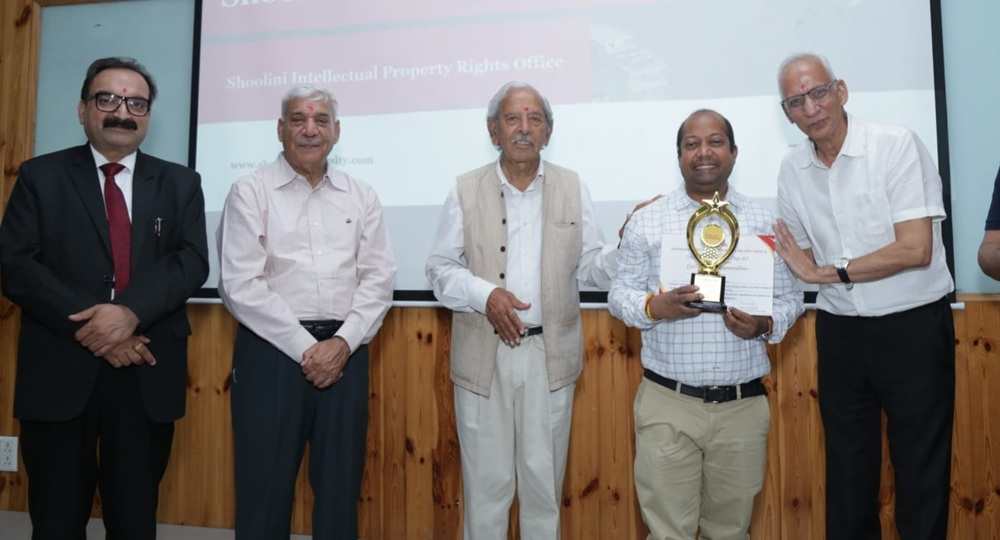In a major research breakthrough, Professor Deepak Kumar from the School of Pharmaceutical Sciences, Shoolini University, has published a high-impact cancer-ageing research study in the prestigious journal Nature Signal Transduction and Targeted Therapy (Impact Factor 52.7). Nature journal is one of the most respected platforms in the field of biomedical science.
Prof Kumar’s cancer-ageing research work focuses on the mTOR (mechanistic Target of Rapamycin) signalling pathway — a biological system that plays a critical role in regulating cell growth, metabolism, and immunity. His study explores how mTOR influences the development and progression of cancer, while also linking it to age-related disorders and chronic diseases like diabetes.
“The goal was to understand how mTOR can be regulated to control cancer and support healthy ageing,” said Prof Kumar. “Our findings show that targeted control of this pathway can help slow cancer and improve treatment for other diseases related to ageing and metabolism.”
One of the key insights from the study is the dual role of the mTORC1 complex — it not only supports immunity but may also hold the potential to increase lifespan. With over 466 citations already, the research is gaining global traction and could shape the future of therapeutic approaches for cancer and age-related diseases.
Shoolini University Founder-Chancellor Prof PK Khosla congratulated Prof Kumar, saying, “This achievement reflects the strength of our faculty and the growing research ecosystem at Shoolini. It’s a proud moment for the university and Indian science.”
Research at Shoolini:
Shoolini University continues to strengthen its research standing. It now holds over 1,500 patents, making it the third-highest patent filer in India, and an h-index of above 150—the top among universities founded post 2007. The outstanding infrastructure at Shoolini comprises more than 104 state-of-the-art labs, 11 Centres of Excellence, and the award-winning Yogananda Library with over one million publications—all supporting high-quality output. Researchers from around the world come to Shoolini to work on real problems — from improving health to finding clean energy solutions.
